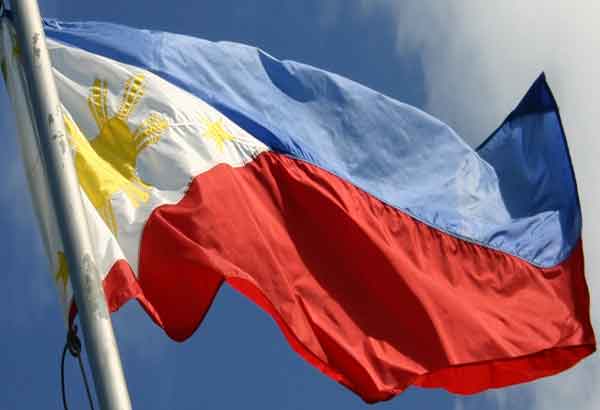Philippines more than halfway ready for TPP
March 18, 2016 at 14:42
Philippines more than halfway ready for TPP
(The Philippine Star) | Updated March 18, 2016 – 12:00am

Former National Economic and Development Authority chief Cielito Habito said the Philippines has already made great strides in the adoption of national competition laws that prohibit anticompetitive business conduct as required under the TPP agreement.
MANILA, Philippines – The Philippines is more than halfway ready in making necessary adjustments for its planned participation in the Trans-Pacific Partnership (TPP) but the toughest roadblocks are still ahead, the country’s former chief economist said.
Former National Economic and Development Authority chief Cielito Habito said yesterday the country is now two-thirds ready as far as preparations for its planned inclusion in the 12-country economic bloc that currently accounts for more than a quarter of world trade.
“To a large extent because of our practice in the ASEAN Economic Community and other trade agreements we have forged already, I would not say we are half or less than half because we are most of the way compliant already. But what are left are the most difficult ones, the constitutional restrictions and some protectionist laws,” Habito said.
He said, the Philippines has already made great strides in the adoption of national competition laws that prohibit anticompetitive business conduct as required under the TPP agreement.
Habito, however, said more developments are needed to be done in areas such as telecommunications and intellectual property (IP).
“In general, it’s the foreign ownership and constitutional restrictions that are the obstacles that somehow we need to address,” he said.
“There are laws that need to be modified. However there are questions that we need to ask ourselves. Will we really want to amend laws if amending them will compromise public interest?” Habito added.
The US Chamber of Commerce and the United States Agency for International Development released yesterday a readiness assessment report on the Philippines in the TPP.
The report examined the consistency of the country’s existing policy framework with the agreement’s requirements and implied changes that may be necessary if the Philippines is to meet these requirements.
The report revealed the Philippine legal framework on competition already appears consistent with the requirements under Chapter 16 of the TPP agreement, especially with the recent enactment of the Philippine Competition Act.
However, it showed a number of legal and policy issues in the telecommunications sector are still needed to be resolved in terms of interconnection, unbundling, cross-subsidization, number portability and the powers of the National Telecommunications Commission.
The Philippines would also have to reduce tariffs for imports from TPP members over and above what its current free trade agreements provide, as well as implement importer-based certificates of origin and raise the amount for certificate of origin of waivers to fully comply with the bloc’s agreement.
Likewise, the country’s current legal framework for IP would also be needing amendments to provide additional protection for specific IP rights and ensure infringement is recognized and enforced.
“In many respects, the Philippines already has in place many of the domestic laws and regulations that would be needed if it is to become a party to the TPP agreement. It has also instituted a number of necessary internal mechanisms and procedures to comply with its obligations under the WTO and other existing FTAs, thereby equipping itself to be in compliance of the TPP agreement as well,” the report said.
“Even as it is already TPP ready in many key respects, pursuing TPP membership will demand of the Philippines further significant adjustments in the policy environment, as embodied in administrative measures, laws, and the Constitution itself,” it added.
Joining the TPP is seen to provide more opportunities that will further strengthen the Philippines’ foothold in the global market with the country’s enterprises, workers and consumers benefiting from bigger markets and increased foreign investments.
The TPP is composed of Australia, Brunei, Canada, Chile, New Zealand, Mexico, Malaysia, Japan, Peru, Singapore, US and Vietnam.
Source: www.philstar.com/business

















